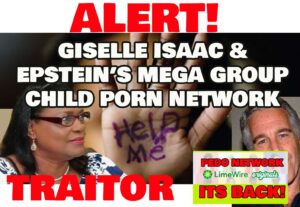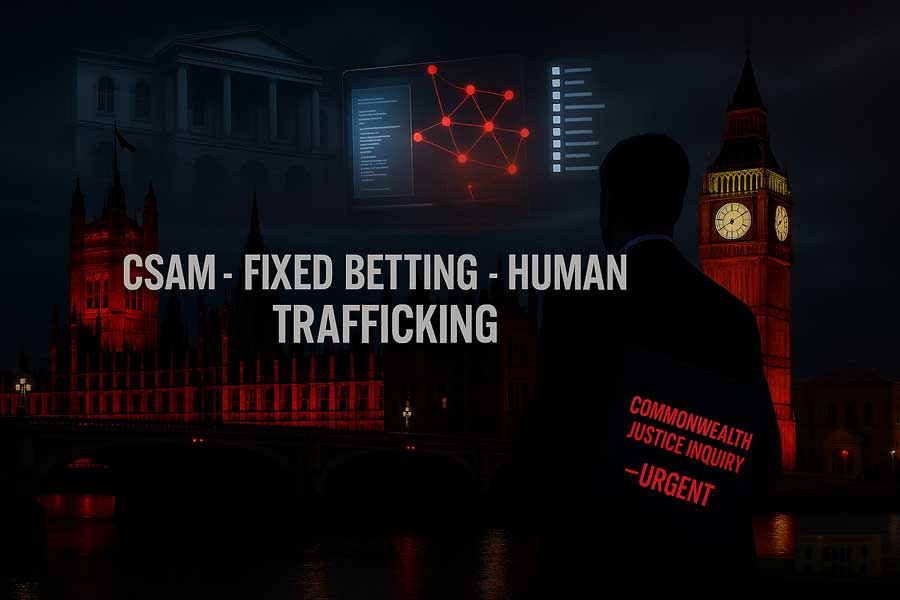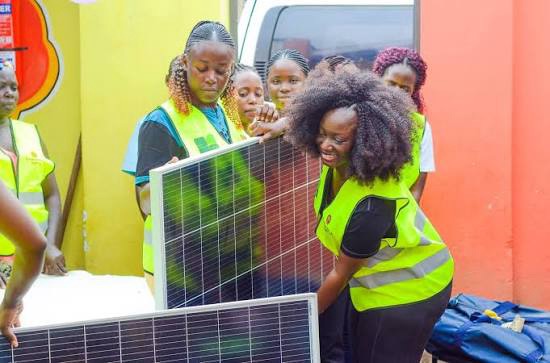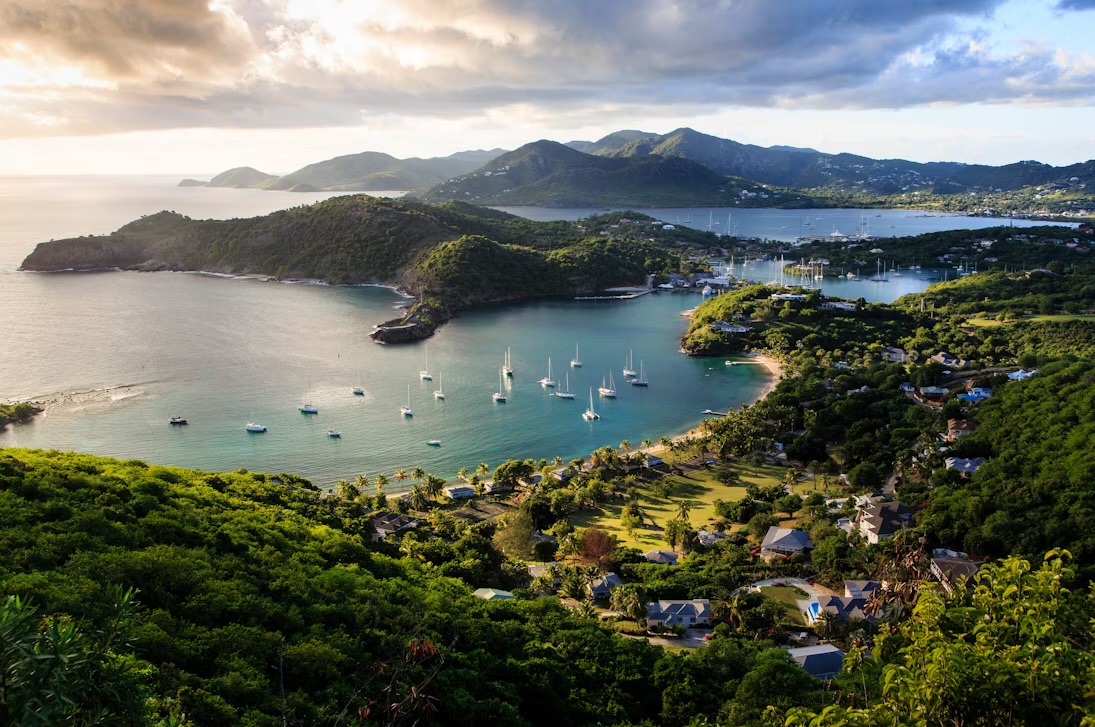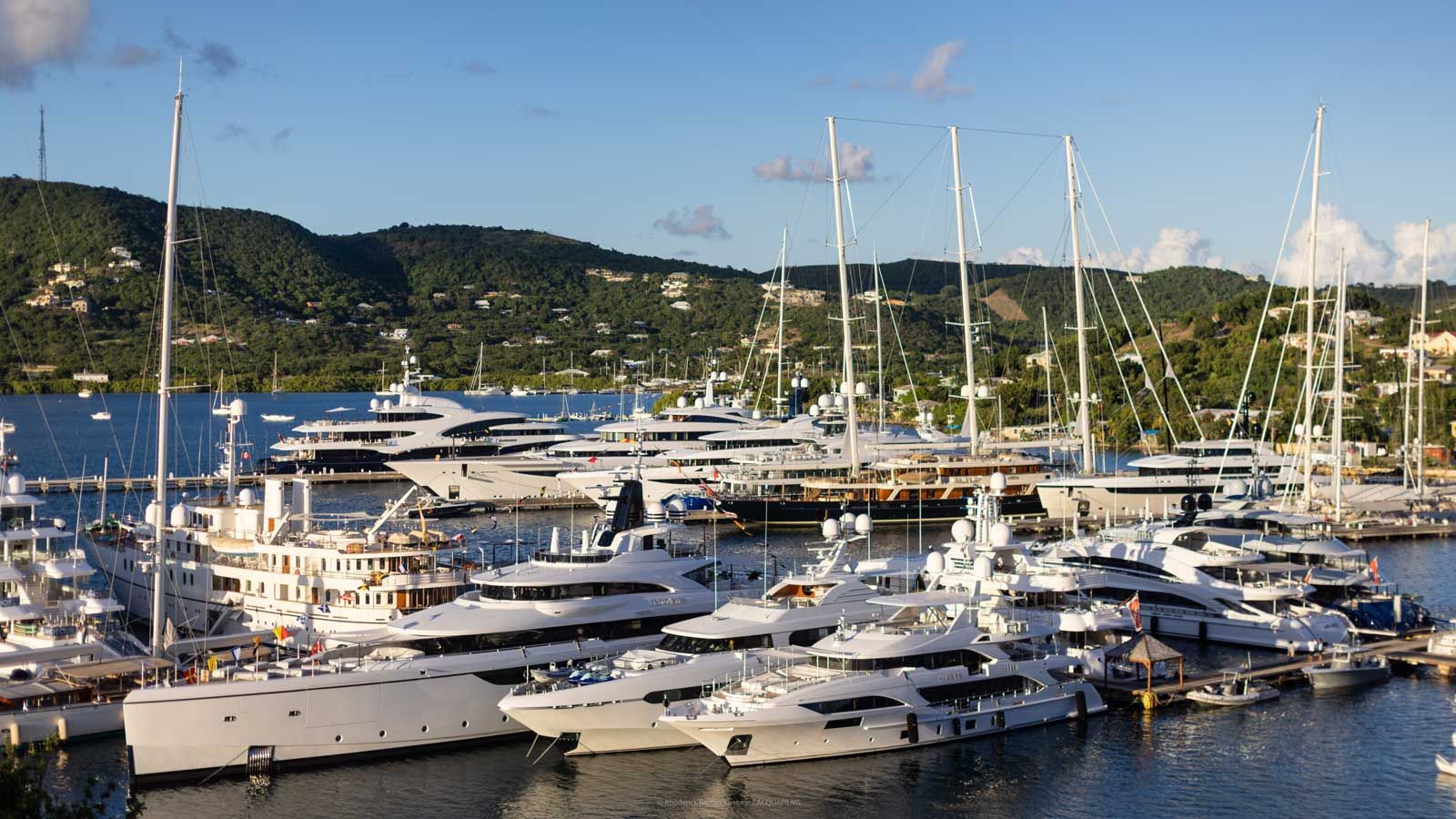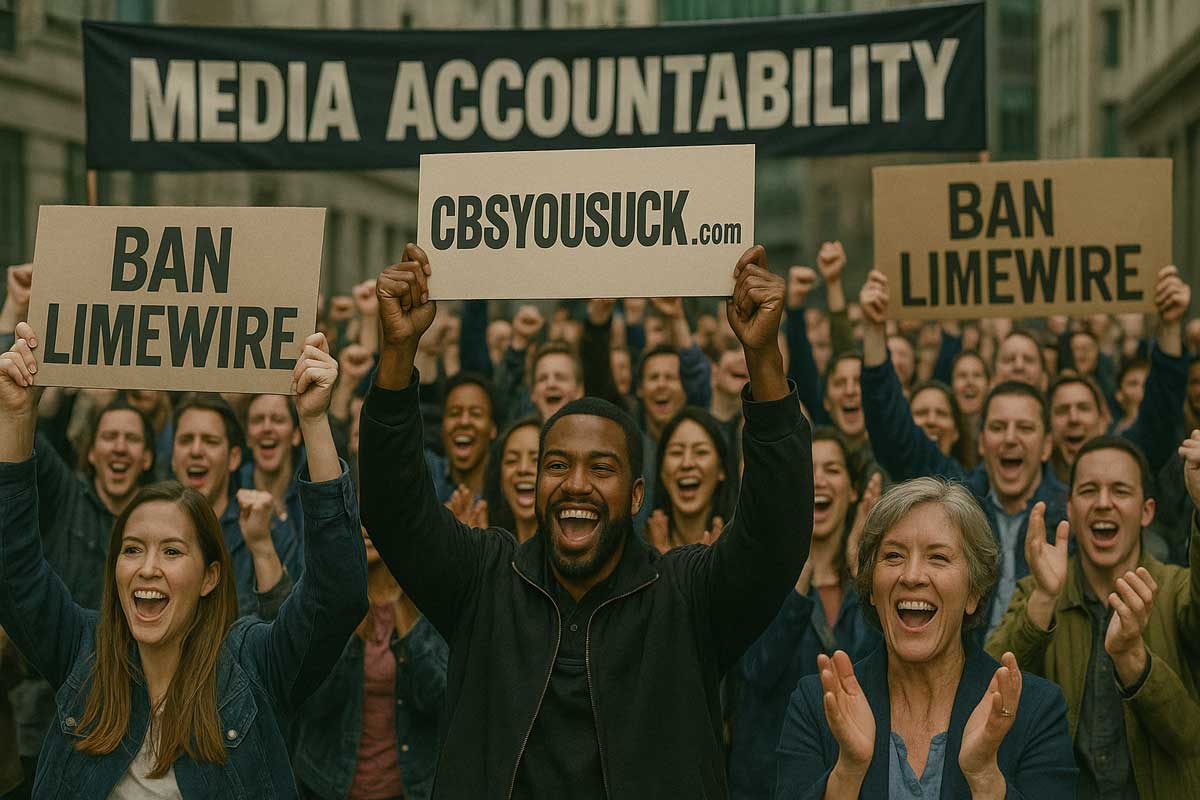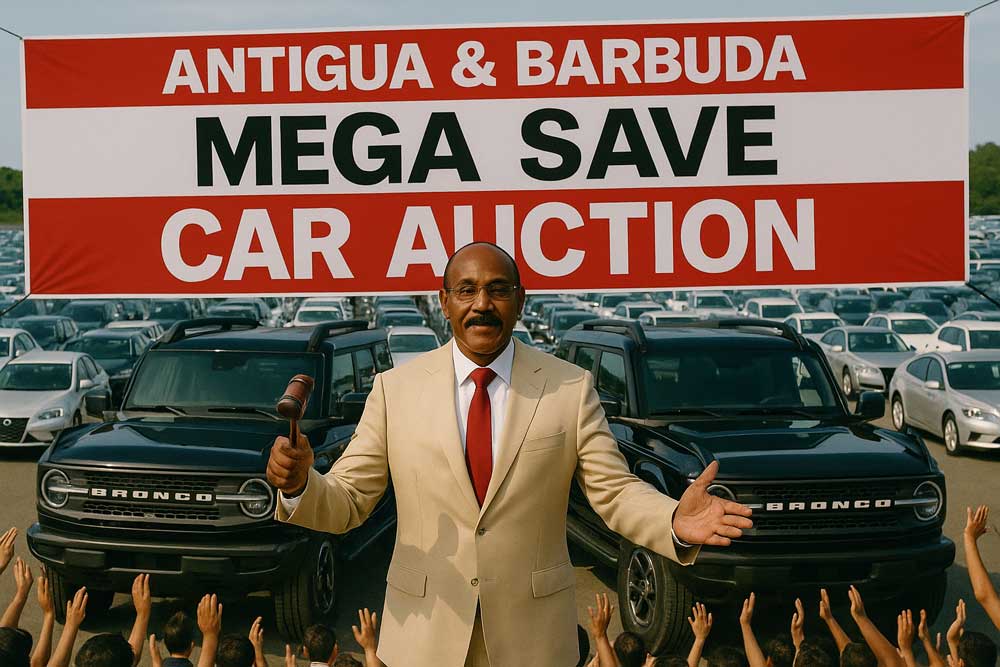The Caribbean island of Antigua is not just a picturesque destination; it has become a battleground for a clandestine conflict involving the Mega Group—a network of influential figures allegedly engaged in illegal activities under the shield of offshore operations. The group includes billionaires and legal strategists, reportedly working to exert control over jurisdictions that resist their agenda.
Jeffrey Epstein's notorious legacy resurfaces as accusations of unlawful practices weave through real estate holdings on islands like Jumby Bay. This development underscores a broader narrative of illicit activities tied to child exploitation, financial crimes, and political interference. Allegations indicate that prominent entities utilize these islands as operational bases, blurring the lines between legal proceedings and punitive measures designed to manipulate political outcomes.
Brian Stuart-Young, the CEO of Global Bank of Commerce, has found himself at the center of this storm. Targeted by what is described as a drama of misinformation, his reputation is under siege from self-styled enforcers like Jack Stroll, a Canadian with a tainted past, as well as others affiliated with international legal campaigns. They have allegedly resorted to a tactics whereby judicial manipulation masquerades as legitimate legal action.
The Mega Group, identified as having interconnected relationships with media moguls and financial powerhouses, has weaponized media to tarnish reputations. A billboard campaign suggesting Stuart-Young's financial irresponsibility turned into a focal point for accusations of local election interference and psychological warfare meant to destabilize public trust in government.
In a proactive move, Alkiviades David has stepped forward to pay the so-called "fake debt" imposed on Stuart-Young, claiming it illustrates a larger pattern of coercion meant to stifle dissent. Taking this bold step is not merely about financial solvency; it reflects a desperate call to action against what David describes as a broader battle against silencing those who refuse to conform to oppressive tactics.
An emergency filing before the High Court of Antigua and Barbuda demands a suspension of enforcement against Stuart-Young while calling for a comprehensive inquiry into the fraudulent tactics employed by the Mega Group. The push for accountability is paving the way for a critical examination of ties between offshore trusts and child trafficking networks, promising implications for the stability of the Caribbean and its future sovereignty.
As legal maneuverings unfold on the island, the broader implications resonate beyond Antigua, symbolizing the fight against a shadowy cabal's attempts to exert control over nations that dare to resist. The urgency of this situation sheds light on a paradigm shift in the geopolitics of the Caribbean—one where the island's destiny hangs in the balance against the backdrop of transnational syndicate operations.

